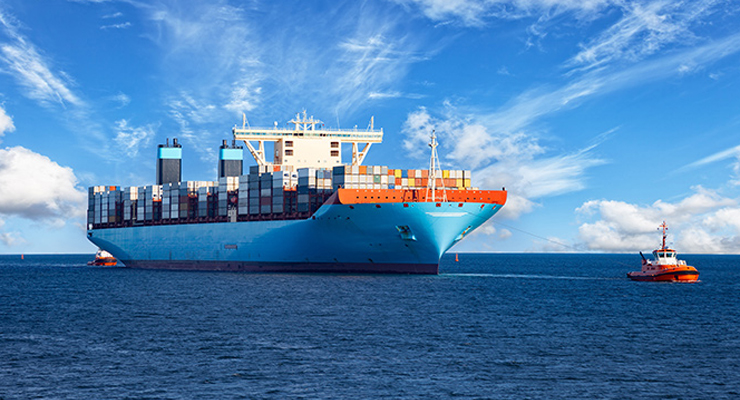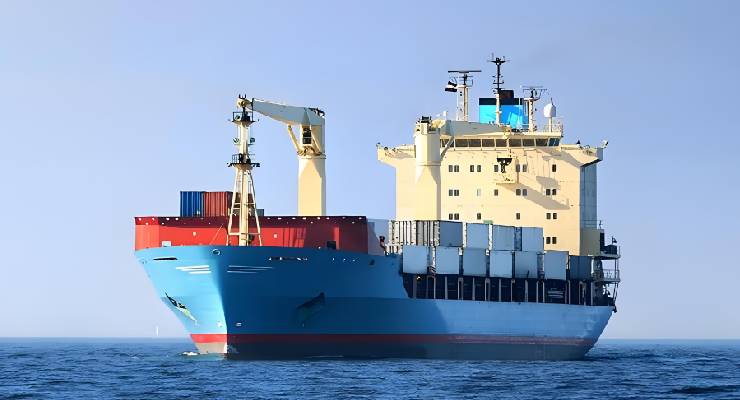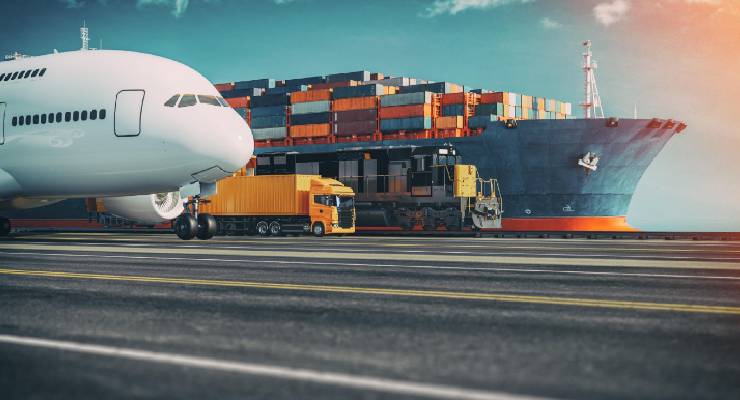
Many companies started as small online stores that grew into very successful businesses. Although some of these may be unicorns when it comes to sales growth, every small online retailer hopes for just a sliver such success when they build their business plans. If you are one of those entrepreneurs, one factor to keep in mind is scalability. You may be a small importer now, but what happens when your goods start selling in large quantities? Ensuring your supply chains and import processes are agile in terms of volume is imperative. In this blog, we will share 4 tips on how to ensure optimal logistics scalability for your ecommerce business.
The consumer of today has grown used to shopping on ecommerce sites for some if not all their needs. Ecommerce has made it easier for consumers to shop around and find the right product at the right price without leaving their home. Consumers want speed and the best value for their money. Ecommerce retailers must ensure that their shipment is timely and cost efficient or they will lose their customer in the blink of an eye.
The ecommerce world is very competitive and a customer can be literally a click away from becoming your customer or moving on to someone else. At the same time, you as the retailer, while growing your business must be cost efficient and effective and one of the management requirements of a successful ecommerce business is to have in place a good manager of your cross border trade requirements.
Choose Logistics Providers That Can Pivot
Shipping and order fulfillment is a core element of customer service which if not done well will cost you loyalty and reputation. As you scale your ecommerce
business you are going to enter into new markets in different locations meaning that you will need a reliable logistics partner for efficient shipping.
Choosing a Freight Manager experienced in shipping worldwide can be a beneficial resource for you. They will help you map out your supply chain and take away the burden of organizing your multi-model shipping needs. Freight managers are different from freight forwarders in that they participate in the overall management of shipping and logistics. Shipping, pick and pack and warehousing can all be organized by a Freight Manager. They will take these duties off your hands so you can focus on running and growing the business.
Freight Managers differ from single mode asset based carriers in that the Freight Manager works with a large network of carriers in all modes of transportation (highway, rail, air, ocean, courier).
This allows for agility as your business grows. Changes to shipping lanes and modes of transport are easily adjustable when working with a Freight Manager who has an expansive, global network
of carriers to choose from.
-
 A Comprehensive Guide to Refrigerated ContainersJun 17,2025
A Comprehensive Guide to Refrigerated ContainersJun 17,2025 -
 Guide to 20ft & 40ft Shipping Container Dimensions for Global LogisticsJun 17,2025
Guide to 20ft & 40ft Shipping Container Dimensions for Global LogisticsJun 17,2025 -
 How to track shipments sent from ChinaMay 13,2025
How to track shipments sent from ChinaMay 13,2025 -
 Guide to Importing and Shipping Cars from China to UAEMay 13,2025
Guide to Importing and Shipping Cars from China to UAEMay 13,2025 -
 Guide to Importing and Shipping Camping Gear from ChinaMay 07,2025
Guide to Importing and Shipping Camping Gear from ChinaMay 07,2025 -
 Shipping from China to YemenMay 06,2025
Shipping from China to YemenMay 06,2025

